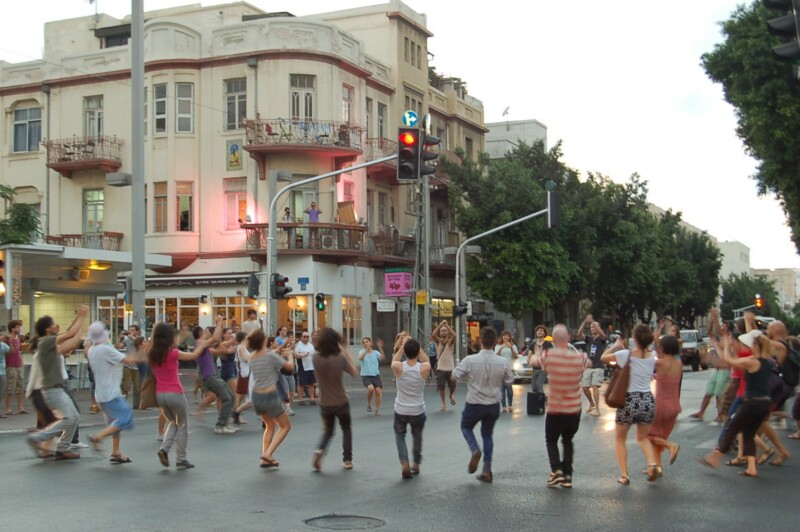Podcast

Didier Eribon reflects on the construction of a „We“ that wants to be the subject and no longer just the objects of political discourses. But it is a heterogeneous “We” and its internal differences cannot be neglected. The Working class used to be such a „We“ before intellectuals and politicians from different political backgrounds started denying its existence, and the very existence of social classes in order to impose an idea of “individual responsibility” as a tool to dismantle large parts of the social welfare system.
Didier Eribon harshly criticizes recent French police violence against street demonstrations and insists on the unsurpassable plurality of movements like the gilets jaunes in France, or the recurring massive strikes and protests against the demolition of the public sector, as well as the demonstrations against racism etc. He believes that it is necessary to revive and rethink the “spirit of may 68” as an intellectual and political framework to understand and support the multiple and heterogeneous forms of resistance.
Part of Episode VII: “Agonistic Gatherings”
With Didier Eribon, Chantal Mouffe & Florian Malzacher
14. September 2021 – Wiener Festwochen / Austria
Biography
Didier Eribon is a French sociologist and philosopher. He was professor of sociology in Amiens and visiting professor at the University of California, Berkeley, at the Institute for Advanced Study in Princeton, at the universities of Harvard and Yale, at New York University (NYU) and at Columbia University. His socio-autobiography Returning to Reims (2009) in which he reveals the break-up of French society attracted international attention. His work Insult and the Making of the Gay Self (1999) has become a classic and a founding document of Queer Studies. Among his most recent publications are La société comme verdict (2013) and Principes d’une pensée critique (2016).




